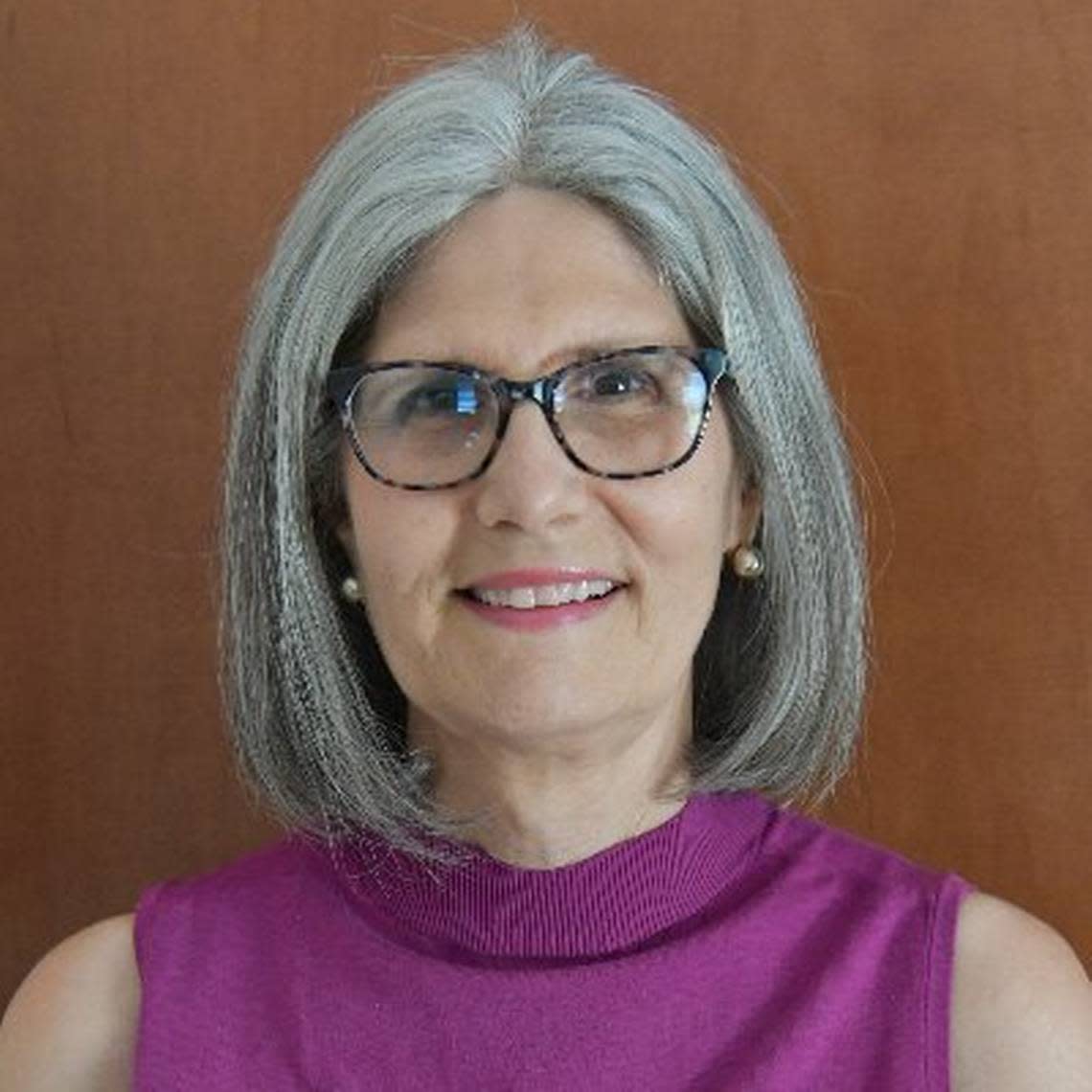The story of my mother is one of resilience and grace, and speaks of her immigrant roots
I’ve been thinking a lot about my mother lately. Well, at least more than I normally think about her and my dad. My thoughts meander with no apparent destination, a many-headed muse I allow to migrate wherever it chooses. A conversation with one of my granddaughters was probably the catalyst.
Almost 17, she has become interested in her ancestry, where we’ve come from, who we’ve been. She shows me old photos so I can identify the characters, noting how family resemblance crosses generations and geography.
The other day she asked specifically about my mother, who died before she and her twin were born. Unlike the memories with her great-grandfather, she has none of her great-grandmother. The fascination remains, though.
I recount how my mother survived the Spanish Civil War, how her well-to-do family lost their shoe factories in Catalonia, how her father, one of 11, died when she was 7 years old. I add that she and her widowed mother and older sister migrated to Cuba, to avoid hunger and the ruthless dictatorship of Francisco Franco, who killed his enemies or sent them to concentration camps once he took power.
In Cuba, the small family struggled. She married my father at 17, lost two babies during childbirth, and at 28 fled back to Spain alone with three kids under 5. She would be reunited with my father about a year later in the U.S., then learn to drive stick shift on Miami roads, and work in a factory to bring the bacon home. By the way, she also raised five children.
“Wow!” my granddaughter said. “She had a hard life!”
I hadn’t thought of it in that way and I suspect that she never did either. It’s the trajectory of a life you might pluck from any family’s archives.
From the sporadic stories of her life, however, I learned resiliency.
“What was she like in person?” my granddaughter asked.
Strict. Demanding. She would make me do things I didn’t want to do. Take down the laundry from the backyard clothesline. Pick up after myself. Polish my school shoes. Help clean the house every Saturday. She forced me into piano lessons as a form of “refinement,” though I showed no musical talent except that I had long fingers and large hands.
From these compulsory obligations, I learned that sometimes we simply have to do what we don’t like, and it’s better if we do it quickly and correctly the first time around.
“My mother,” I continued, “was the first one up and usually the last in bed. She was never still, always doing.” Tireless. She took in extra garment work, drove us to appointments, and cooked huge meals for the extended family during our massive holiday gatherings. She didn’t tolerate laziness.
In this way, I learned about hard work, the pleasure and necessity of it. I learned how ability is only one factor in success, and even then it is too often squandered. This is why in a race to a goal, I will always bet on the person who works harder and wants it more, rather than on the one resting on raw talent.
“My mother, your great-grandmother,” I told my eldest grandgirl, “was always up for a party.” The radio at home was invariably turned to a music station — not my father’s endless news — while she did her chores.
Last year, while looking at photographs of our 1961 stay in Spain at the apartment of a Barcelona cousin, he said one of his earliest memories was of my mother dancing down a narrow hall, with us three kiddies behind her. His parents called it “Cuban music.”
Watching her taught me how to bear the load I carry lightly, stealing joy from wherever.
My mother was relatively young, 66, when she died of a horrible disease, pancreatic cancer. We helplessly watched a strong, energetic woman whittle away. Yet, still composed. Still uncomplaining.
Even in dying, she carried on with grace, a lesson for the ages.

Ana Veciana-Suarez writes about family and social issues. Email her at avecianasuarez@gmail.com or visit her website anavecianasuarez.com. Follow @AnaVeciana.
